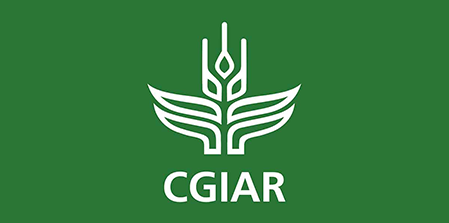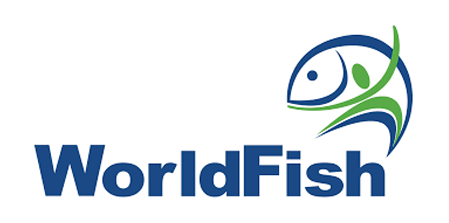Asian Mega-Deltas: From Risk to Resilience
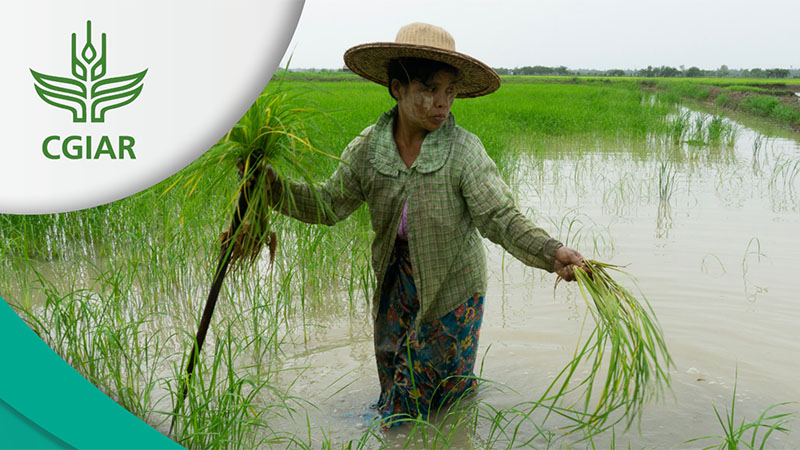
To address urgent concerns on climate change, the CGIAR, together with its centres and development partners, is officially launching the Securing the Food Systems of Asian Mega-Deltas for Climate and Livelihood Resilience (AMD). The initiative aims to create resilient, inclusive, and productive deltas by removing systemic barriers to the scaling of transformative technologies and practices at community, national, and regional levels. CDRI works with other partners to conduct research on Nutrition-Sensitive Deltaic Agrifood Systems with the objective of ensuring that deltaic food systems sustain and enhance nutrition security equitably, in a context of rapid change. The first requirement of designing appropriate nutrition-sensitive interventions is to understand the characteristics of these systems and their socially differentiated nutrition implications.
Project Objective
- Assessing changes in household food consumption and nutrition intake, including expenditure, own produce, frequency, processed food, food groups, etc. It will be analysed by social groups, gender, urban vs rural, and demographics (Mekong delta vs other areas). Identify the relationships between consumption and production, occupation, remoteness, migration, shock, covid-19, changing diets, micronutrient intakes, and demand-side drivers.
- Assessing changes in household away-from-home food consumption, including changes in the share of away-from-home food expenditures in total expenditure, change in the amount of nutrition consumed away from home, etc.
- Mapping restaurants and menu to provide information on the availability of specific types of foods including healthier options in different settings (e.g. street vendors, food courts, and restaurants). Studies will also examine differences in nutritional quality and price between different categories of restaurants and different food outlets. Strategies to increase access to healthy food at low cost and improve diet quality will also be examined. The results will inform policies on market expansion to reduce costs and increase access to different cooking methods and ingredients for low-income families.
Project Members
Other Projects
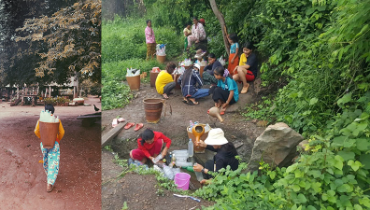
Cambodia Gender and Inclusive Development Analysis...
This study aims to fill this gap in research by conducting a Gender and Inclusive Development Analysis (GIDA) combining qualitative and quan...
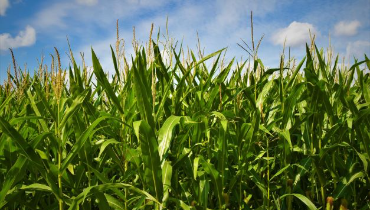
Cambodia's Agri-Food Trade: Structure, Challenges,...
From the early 1990s, Cambodia’s agricultural food trade was seen as exports of raw materials and unprocessed primary commodities to neighbo...
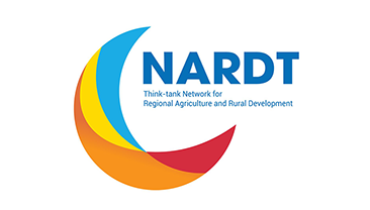
Network for Agriculture and Rural Development Thin...
The Network of Agriculture and Rural Development Think-tanks (NARDT) project is designed to form a consortium with flexible cooperation mech...
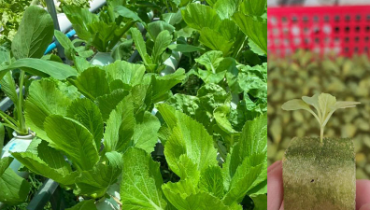
On-farm Food Safety in Horticulture in Cambodia: T...
Despite being an agrarian economy, Cambodia imported vegetables approximately 70 percent of the total domestic consumption because the com...




